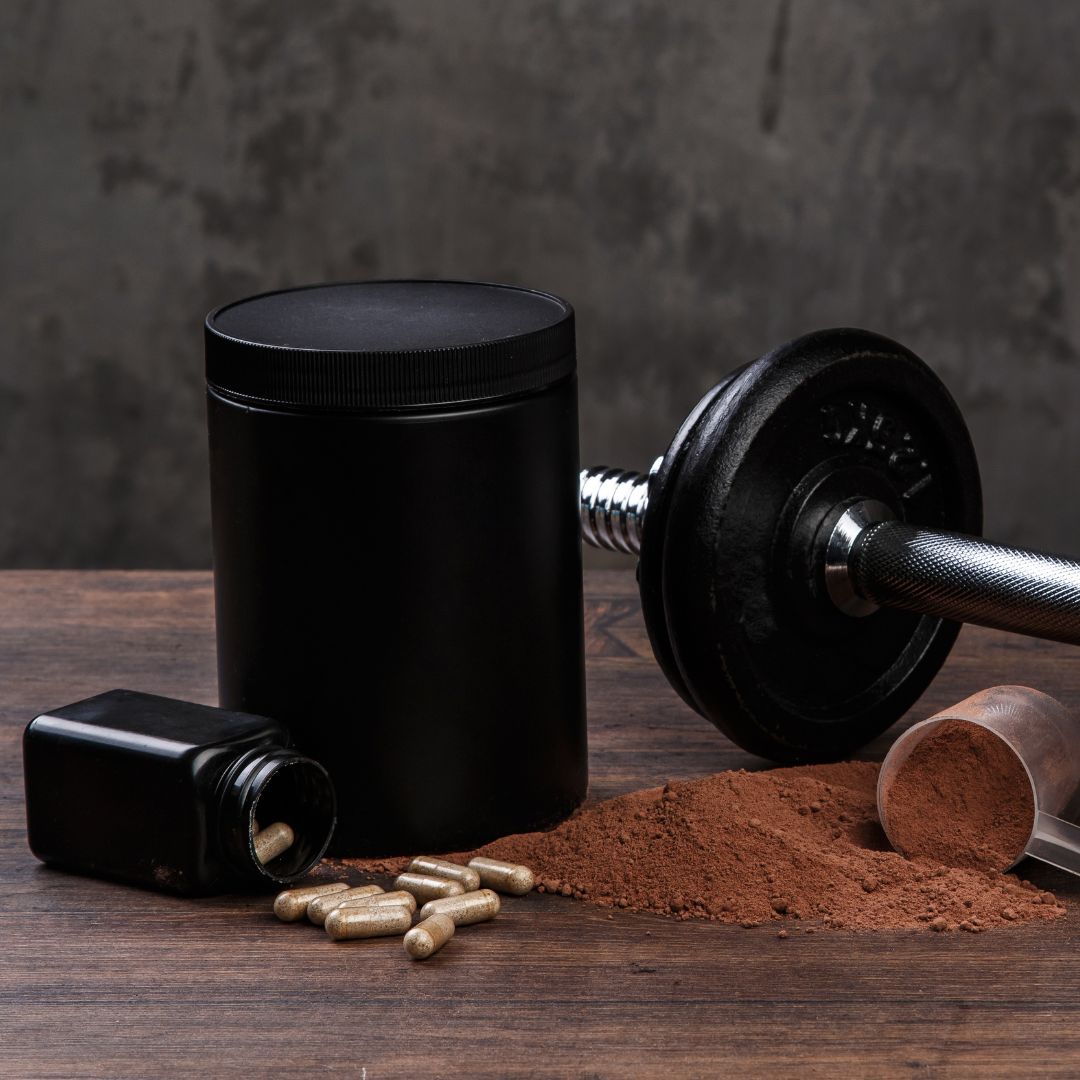
Ergogenic nutrition strategies are generally thought of as supplements scientifically proven to boost performance. However, the concept of performance goes much deeper than singular nutrients: every life choice an athlete makes, including the food they eat, will influence their sporting performance, for better or worse.
Via the collective experience and athletic wisdom of Matt and Paul, you will receive the required guidance to analyse the lives of your athletic clients, and support their sporting performance in numerous ways, including nutrition.
In this unit, you will learn how to support an athlete’s performance by looking at their personal ecosystem of health, plus how to identify and use nutritional ergogenic aids to improve your client's performance, safely achieving that competitive advantage!
The ergogenics lectures will focus on:
This educational offering can be undertaken as a standalone CPD-focussed module, or as a speciality unit as part of our Certificate of Integrative Sports Nutrition.

Who's it for?
Ergogenic Aids for the Athlete has been set up as a postgraduate-level speciality unit of study, aimed at exercise and nutrition practitioners, and final year and postgraduate students.
It can be completed as a standalone module for purposes of CPDs or CEUs, for your professional or personal development, or as a speciality unit within our larger Certificate of Integrative Sports Nutrition course.
These specialty courses attract a diverse mix of nutrition, exercise, medical, and integrative health professionals, along with advanced coaches and athletes looking for a training edge.
As such, participation on this module should facilitate learning from not only your lecturers and tutors, but also your peers.
Module content
Ergogenic Aids for the Athlete consists of four 60-minute live Zoom workshops, weekly pre-recorded videos and educational materials, interaction with your lecturers and peers online, and case study focussed assignments.
All in all, you’ll need approximately five hours per week to do this course, depending on your depth of study.
Specialist performance nutritionist and ergogenics expert, Matt Lovell, leads this week with his lecture on how to support sports performance by nurturing an athlete’s body systems, plus live workshop interaction.
Lecture content
Week 1 begins with a detailed exploration of the ergogenics concept, including an understanding of how body systems health is fundamental to athletic performance. Topics include:
Sporting superstars like Cristiano Ronaldo would not still be performing at the top level in their late 30s if they had a ‘performance at all costs’ attitude. Your host Paul K Ehren, Masters bodybuilding champion and integrative strength and conditioning specialist, shares his health, performance, and longevity lecture, plus live workshop interaction.
Lecture content
Week 2 delves more into the wider environment within which an athlete lives and trains (their ‘ecosystem’), incorporating a big picture view of health and performance, and how we can support that as practitioners. Topics include:
Ergogenics specialist Matt Lovell returns this week with his probing lecture regarding which nutrients can be termed ergogenic aids, other nutrients that also deserve some attention in sport, plus live workshop interaction.
Lecture content
Supplements such as creatine and caffeine may receive headline attention in performance sport, but baseline nutrition must be dealt with first, plus many other nutrients are also worthy of consideration. Topics include:
Your learning is now flipped from a state of expert-led presentation to participant-led discussion, where you will tap into your prior life learning and experiences, along with that of your peers, to move towards ‘action’ steps of professional development before departing from this module.
Module assignment
In a concise 1000 words, you will be asked to write a flowing essay on a case study of an athlete, or active individual, who has the goal of improving their athletic performance via the use of nutrition and lifestyle supporting strategies. While honouring the professional practice style of your existing career, you’ll look to incorporate learnings from this module in your case description and intervention strategies.
Live Course
Our tutorials occur at 1pm UK time, allowing most time zones to be accommodated.
You can find all the tutorial dates here.
Next start date:
15th of April 2026
Self Study
If you’d like the flexibility to study at a pace of your choosing, this option is for you. You’ll work through the readings and lectures for each session, covering the same material as in the live course, and then book a 30-minute finishing session with your tutor.
Start any time:

We work on an honesty system. You may be asked to provide proof of your BANT or ANA membership or Student affiliation.